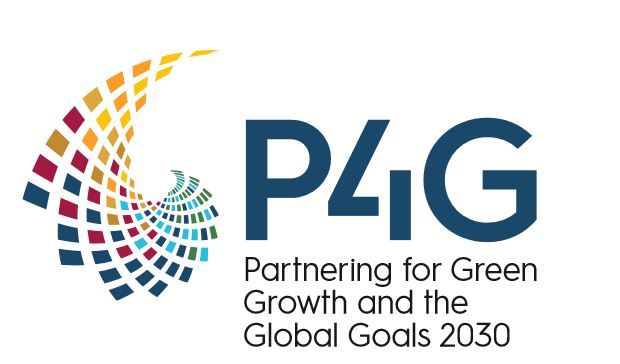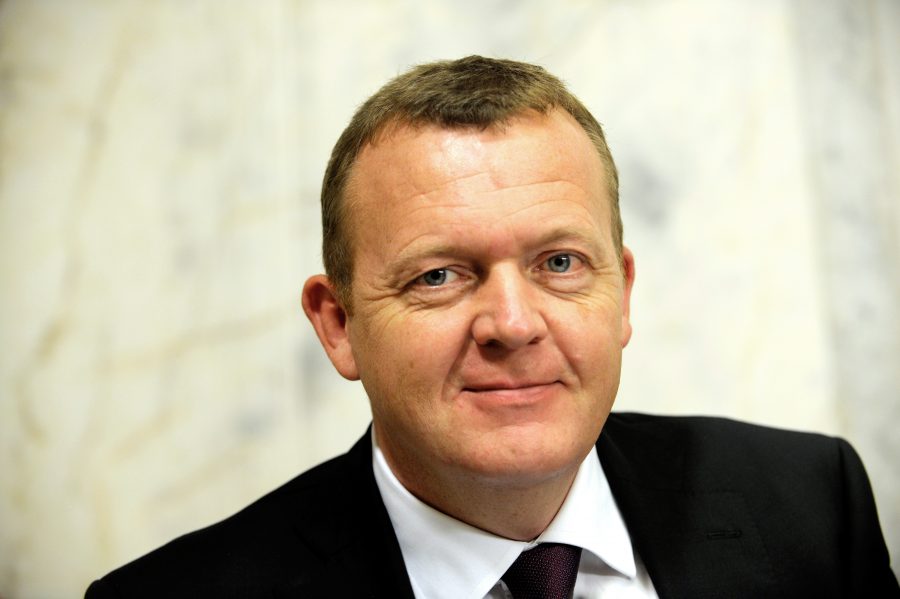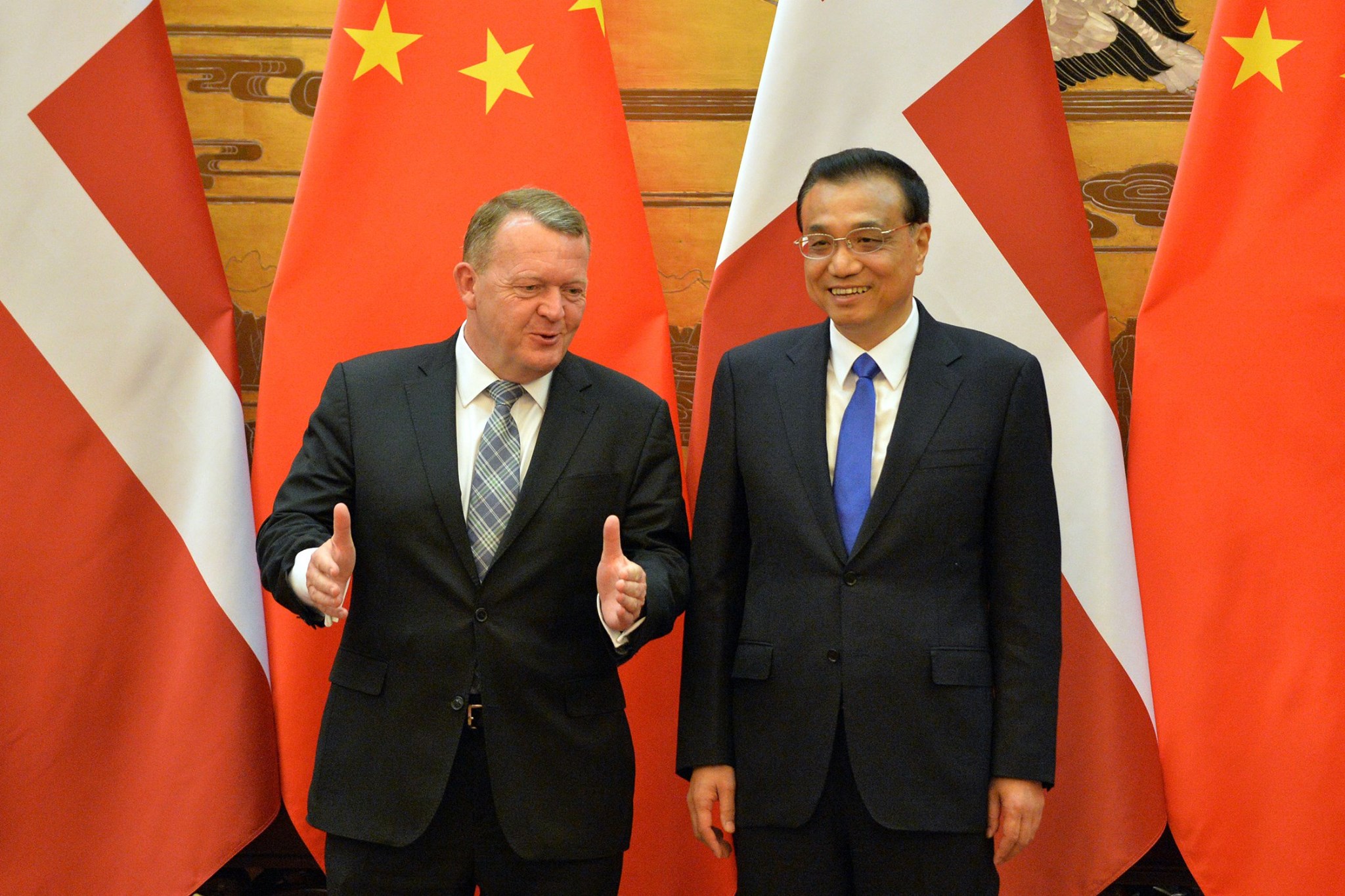The Denmark-inspired ‘Partnering for Green Growth and the Global Goals 2030’ (P4G), a new global climate alliance aiming to become a new engine to drive green growth, was launched on 20 September in the UN Headquarters.

Leaders from government, business and civil society launched P4G to drive inclusive, equitable and sustainable economic growth. P4G will create a space for innovative partnerships with businesses, national and city leaders, financiers, and community development advocates to develop and deploy powerful solutions in support of the UN Sustainable Development Goals (SDG) and the 2015 Paris Agreement on climate change.
“To accelerate progress and deliver concrete results on the SDGs, it is paramount that governments and cities join hands with the private sector through innovative public-private partnerships. Sustainable development is a universal task that requires action from all of us in concert,” said Lars Løkke Rasmussen, Prime Minister of Denmark.

Countries that have signed on to lead P4G include: Chile, Denmark, Ethiopia, Indonesia, Kenya, Korea, Mexico and Vietnam. The alliance will take an inclusive approach to engage partners across borders and sectors, creating a global economy that works for everyone.
Drawing on lessons learned from past successes, P4G will identify and scale the most effective solutions, inspiring action for an expanding network while ushering in new models of economic development.
The potential is huge: Moving down this pathway could create at least $12 trillion worth of business in a few sectors alone, according to the Business and Sustainable Development Commission. It could create 380 million jobs by 2030, with almost 90 percent in developing countries. P4G will focus on energy, water, ecosystems restoration, sustainable land use, food systems, sustainable cities and a circular economy.
Bob Collymore, CEO of Safaricom, said, “Delivering on the SDGs will need concerted efforts from all actors of our society. The Global Goals have enormous potential for everyone – for the environment, for growth, for jobs, for business.”
P4G will rely on three key elements to ensure progress: (1) breakthrough partnerships, (2) inspiring summits, and (3) rigorous evidence and accountability. Partners will regularly engage with sub-national, national and international leaders, including through biennial summits, offering inspiration, technical support, and financial assistance to amplify transformative sustainable and green growth ideas. A “State of Art of Green Growth” report, coinciding with the P4G Summits, will highlight and showcase successful P4G solutions and, at the same time, provide the evidence base to trigger new cross-sector collaboration.
Examples of the types of partnership P4G will aim to support include:
• The report Better Business – Better World documents increasing demand for sustainable and affordable housing in mega-cities in developing and emerging economies. An idea for a partnership could be to bring together city governments, planners, building owners and developers, water and energy service companies, suppliers of building materials, financiers and residents to design a new collaborative business models for future housing solutions. The key word is livable cities. Within this partnership idea more relevant topics could be addressed. As for example health-related challenges or opportunities in promoting circular economy initiatives. The partnership addresses SDG 11, SDG 12 and SDG 17.
• About a third of urban water is wasted through water leakages in many cities around the word. Moreover, high energy consumption in the water sector is part of the challenge. Measures that save energy can also reduce leakages. And it is possible to improve energy efficiency of water facilities while meeting the remaining energy demand with energy recovered from waste water; i.e. production of biogas from sludge. An idea for a partnership is to develop a solution reducing water leakages, relying on low energy consumptions combined with a financing model of blended financing between public and private investments. The partnership addresses SDG 6, SDG 7, SDG 11 and SDG 17.
Advisory and facilitation support will be available for partnerships working under the P4G umbrella through the P4G Hub in Washington, DC. A fund of $4 million (U.S.) a year will be made available by the Danish Government for financial support to incubate and scale strategies of P4G partnerships. Moreover, P4G partnerships can expect support from a variety of funds collaborating with the P4G on the sustainable growth agenda. One such fund is the innovative SDG Investment Fund that will be established on January 1, 2018 by the Danish Government to contribute to SDG-related partnerships and ensure up to approximately $5 billion (U.S.) in total investments by working as a public-private cooperation. Others funds, such as the Investment Fund for Developing Countries (IFU), have also been identified early on as obvious collaborators.

“It is profoundly encouraging to see this group of leading nations and companies driving forward new economic models that will benefit the economy, citizens and the environment,” said Andrew Steer, president and CEO of World Resources Institute. “P4G can be a catalyst for dynamic collaborations that will speed, scale and track this progress toward a more inclusive and robust form of global development.”
Success for the new initiative is to promote progress on the Global Goals in the selected areas of work. This will include concrete outputs such as more bankable projects for the private sector to invest in; presentation of new solutions – technical and systemic – and speed and scale of known solutions.
Thematically, the focus will be on key economic systems that, if transformed, will drive the green economic transition. Key economic systems have been identified where opportunities and impacts are greatest such as agriculture, energy, cities, water and circular economy. Systems that will drive global economic growth and that are critical to connecting leaders around concrete commitments to create the enabling conditions that drive the green transition.
